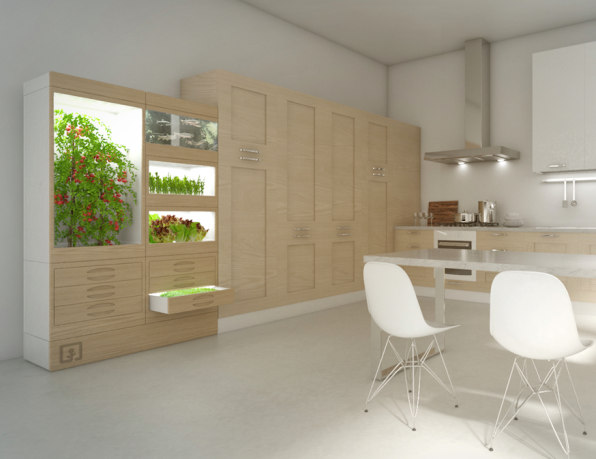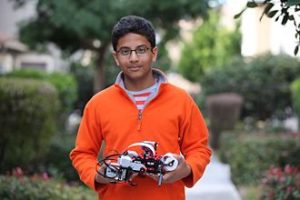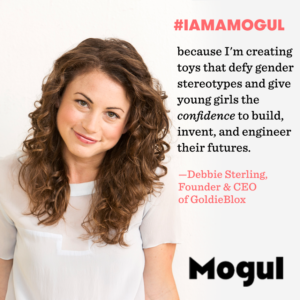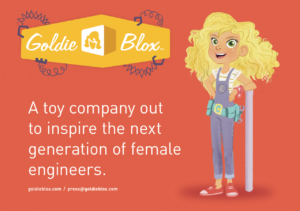Benjamin Stern was only 17 years old when he secured an investment from Mark Cuban on Shark Tank for his company Nohbo. Benjamin started his entrepreneurship journey all the way back in middle school, where he started his first venture. Stern would buy his own coffee beans at a wholesale price, from a roaster in Seattle, and would go around his neighborhood selling his own coffee. Part of the sales would go to the Wounded Warriors Project. After this he wanted to create an idea that would go beyond his own neighborhood.
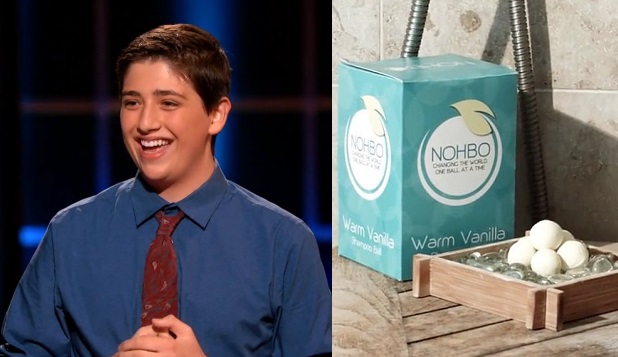
Using his company Nohbo, Benjamin Stern is trying to eliminate the need for plastic bottles in personal car products. Such as shampoo, conditioner, body wash, and shaving cream. His product is a single use, water-soluble, apparatus that dissolves 100 percent. It is either a ball of shampoo, conditioner, body wash, or shaving cream that you just rub on your hands under water and lather up. Moving forward Benjamin is trying to work with top hotel distributors to create a custom line for them. With an increasing consumer demand on the emphasis of cleaner, greener, and healthier products, I have no doubt that this product is bound to really change up the health and body care industry.
Article Link: https://www.newhope.com/business-resources/walk-you-run-interview-benjamin-stern-17-year-old-founder-nohbo

